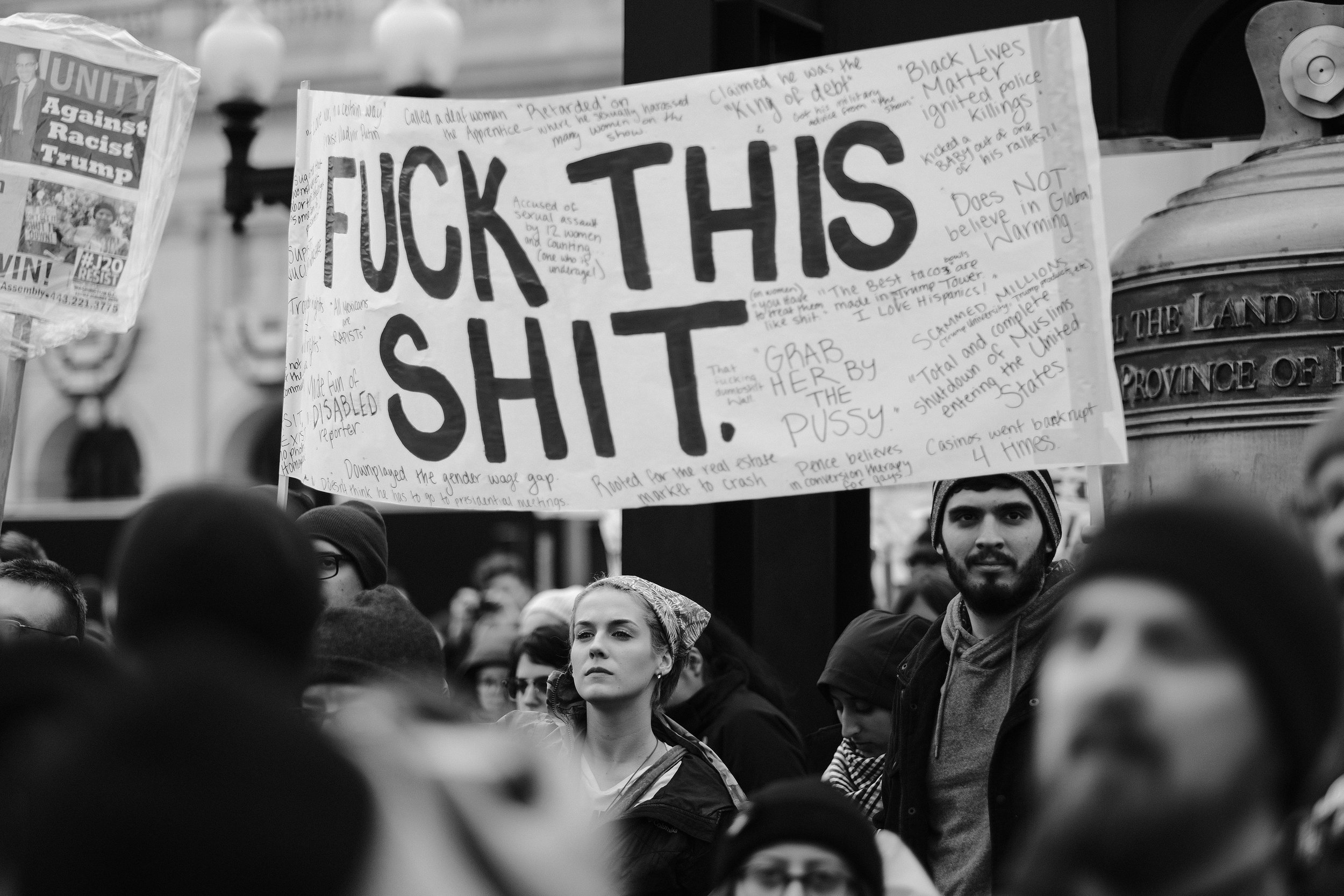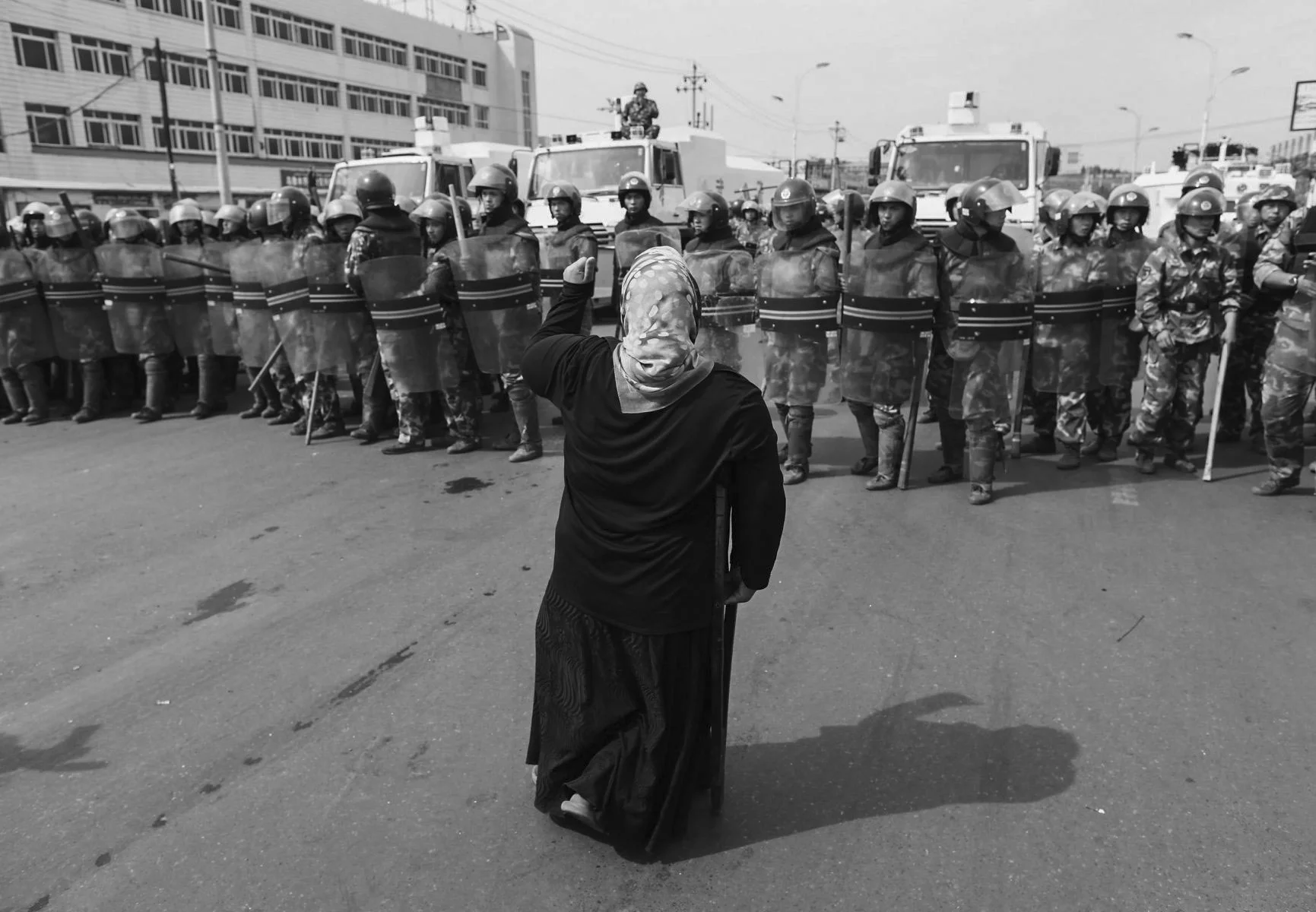International Political Economy

People debate whether the year 2016 could have been any worse due to major turbulent events pertaining to international diplomatic relations, threats of nuclear war, refugee crises, Brexit, presidential campaign and large-scale massacres. The year 2017 proved to be just as tumultuous when it came to the international political economy. The events of 2016 shaped the course of events of the following year and further generated important events that are shaping the course of history and remain important contributing factors of what is to follow in 2018.
Since his inauguration, US President Donald Trump has continued to leave a mark in world economy through his outrageous comments, movements, policies and tweets. Relations between US and Pakistan have seen a downfall and continue to deteriorate after Trump’s tweets that the relationship is based on “lies and deceit” and Pakistan gives “safe haven to terrorists” of Afghanistan. There would be further strained relations since 2018 began by US cutting aid to Pakistan. US State Department spokesperson Heather Nauert commented that Pakistan needed to earn the amount that it received in financial aid and it needed to take “decisive action” against terrorist groups.
Iran is seeing a new wave of unrest across the nation. People are protesting due to high unemployment, corruption and slow economic growth. People are protesting against the ruling class. The politicians are now considered as the corrupt elite who are not using their resources for the welfare of people and merely taking over businesses. Even the urban elite that are following western customs want to drive out religious parties. Those who elected the current president of Iran Hasan Rouhani, feel that his nuclear deal is not generating economic benefits. The US State department may impose sanctions on Iran to control protests.
The Rohingya crisis continues to worsen since Aung San Suu Kyi, whose portrait was recently removed from Oxford University, has done hardly anything to end the massacres, let alone speak against them. It is known that the Myanmar government is responsible for ethnic cleansing. Rohingyas remain the most persecuted minorities in the world.
Xenophobia in Europe continues to rise. Recent statistics show that discrimination and hate crimes in Poland increased by 300 percent. This reflects in the attitude of Europeans against migrants and refugees, compared to the more hospitable Germany. The current states of affairs show that Muslims are now facing what Jews have already faced in the 20th century. Those who cling to religion are banned from public institutions or jobs. The global conflict regarding refugee crises, racism or xenophobia keeps worsening due to tense diplomatic relations between world leaders.
Late last year, President Trump caused a massive uproar when he declared Jerusalem the capital of Israel and decided to shift the US embassy. Furthermore, in his latest tweets, he stated that the US could use a little bit more global warming for cold spells when he had also stated several months earlier that global warming is a hoax, drawing support from his followers. North Korean leader Kim Jong Un has threatened US that North Korea has a “nuclear button” to which Trump responded that US’ nuclear button is far bigger and more powerful. Britain has until 2019 to negotiate the terms of Brexit. Either way, current global affairs reflect bitter relationships that are to influence world economy.





